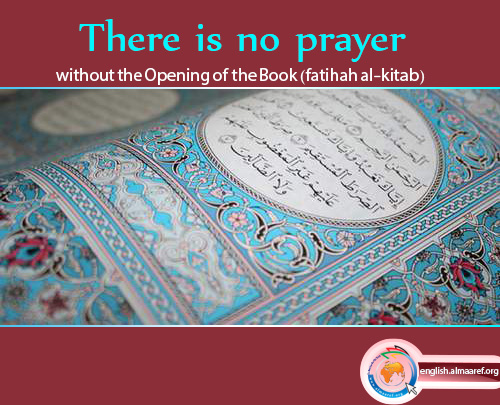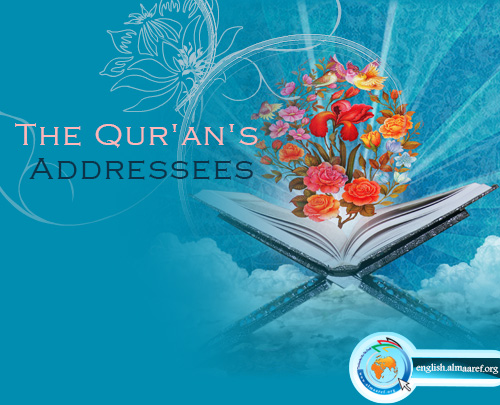We shall proceed to study the contents of the Quran from an analytic viewpoint. Of course, if we were to deal with every subject of the Quran separately, it would call for --as Rumi would say-- seventy tons of paper. So we will confine our discussion mainly to general and then a few particular issues.
The Quran has dealt with a vast range of subjects, and in this process, it is more concerned with certain subjects and less with others. The universe and its Creator are among the most recurring themes of the Quran. We must try to see how it treats this theme. Is its outlook philosophical or gnostic? Is its treatment similar to that of other religious books like the Bible and the Torah? Is it similar to that of the religious books of Hinduism? Does it deal with this problem in its own independent manner?
The other problem that is repeatedly treated by the Quran is the problem of the universe or the world of creation. We must examine the outlook of the Quran about the universe. Does it regard the universe and all creation to be an exercise in vanity and futility or does it regard it as being based on coherent truth? Does it consider the state of affairs in the universe as being based upon a series of laws and principles, or does it regard it as a chaotic phenomenon in which nothing is the cause or condition of any other thing? Among the general issues dealt by the Quran is the problem of the human being. The Quranic outlook regarding the human being must be analyzed. Does the Quran possess an optimistic outlook of man? Does it speak of him in pessimistic and negative terms? Does the Quran consider man as a despicable creature, or does it acknowledge his nobility and dignity?
The other problem dealt with in the Quran is the problem of human society. We have to see if the Quran considers the society to be primary and the individual as secondary or whether it subordinates the society to the individual. Are societies, according to the Quran, subject to laws governing their life and death, their rise and decline, or are these conditions applicable to individuals alone? In the same way, its conception of history also needs to be clarified. What is the Quranic view regarding history? What are the forces that control the dynamics of history? To what extent can an individual's influence affect the course of history in the view of the Quran?
The Quran deals with numerous other issues. I shall enumerate some of them here. One of them is the point of view of the Quran about itself. The other issue is related to the Prophet (peace be upon him and his household) and its manner of introducing and addressing him. Another issue is its definition of a believer (mu'min) and his characteristics and so on.
Furthermore, each of these general issues possesses various branches and divisions. For example, when discussing mankind and its situation, it is natural to speak about morality. Or, when speaking about society, the problem of human relationships also unavoidably enters the discussion. The same is true of such notions as "enjoining good and forbidding evil," and the problem of social classes.
* Al-Tawhid, Uniqueness of The Quran, "Evidence in Favour of the Authority of Reason", by Murtada Mutahhari.. Translated from the Persian by Mahliqa Qara'i, Vol I No. 1-3 (Muharram - Rajab 1404 AH).


















